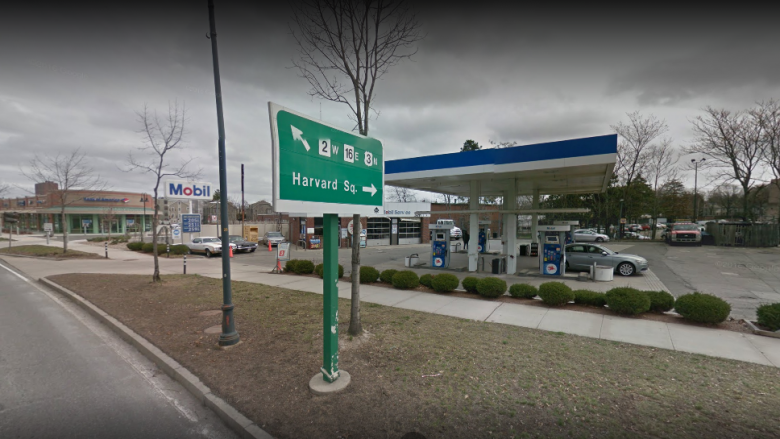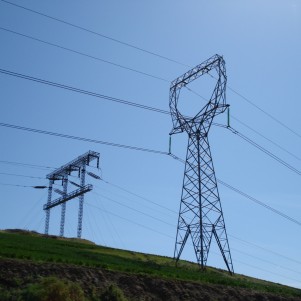AG Healey’s climate change showdown with ExxonMobil enters Massachusetts courtroom
By Evan Lips | December 8, 2016, 9:39 EST
 (GoogleMaps)
(GoogleMaps)
BOSTON — Attorney General Maura Healey’s feud with energy giant ExxonMobil continued inside Suffolk County Superior Court on Wednesday, as attorneys representing the corporation urged Judge Heidi Brieger to at least temporarily halt Healey’s call for a climate change-related investigation until a federal judge in Texas rules on whether Healey’s attack is unconstitutional and politically motivated.
“Exxon has been selling products in Massachusetts for a long time knowing full-well there was a serious impact of those products on climate change and didn’t tell consumers,” charged Richard Johnston, Healey’s chief legal counsel.
Healey was not present for Wednesday’s proceedings.
Healey has charged that Exxon knew of the alleged role human-produced carbon emissions play in climate change as far back as 1976, and has filed for a civil investigation demand in order to obtain documents she has said will prove her claim.
Healey has cited consumer protection laws to back her demand, but attorneys representing Exxon have countered that Healey lacks the jurisdiction to launch an investigation in Massachusetts.
“If there had been a number of actual statements and actual conduct based in Massachusetts, then of course an investigation would then be needed to see if maybe there were contradictions with statements made elsewhere,” Exxon attorney Justin Anderson told Brieger.
Anderson noted that Healey’s office has pointed to six contracts Exxon has with the state of Massachusetts.
Examples Healey has cited include the fact that Exxon sells motor oil to the State Police and the presence of Exxon and Mobil gas stations doing business within the commonwealth.
Anderson pointed out that Exxon’s website does not facilitate any business transactions. He also noted that transactions with the State Police do not constitute consumer sales and the organization is a government agency. In addition, Anderson pointed out that Exxon does not own any of the service stations inside Massachusetts, as they are franchised.
“Each example is insufficient to establish jurisdiction,” Anderson claimed. “We think the issuance of the CID (civil investigation demand) was arbitrary and capricious.”
Brieger however pointed out that Healey’s office, according to case law, “does not have to establish the basis of their beliefs — in fact it’s (Exxon’s) obligation to disprove that belief and prove in some way what the government is doing is capricious.”
“In order for it to be arbitrary and capricious I have to have a sense that the documents are irrelevant,” Brieger said about the Exxon records Healey’s office has already cited, which include statements and memos related to the company’s knowledge of climate change.
Anderson countered that Exxon “is not saying these documents are not relevant” — but rather “they do not support the belief that the attorney general has expressed.”
“When you go through these documents you will see they are riddled with uncertainty,” Anderson added. “These are the documents they (Healey) say support their position — we say they support our position.”
Brieger did not provide a timeline for when she’d issue a final decision.










